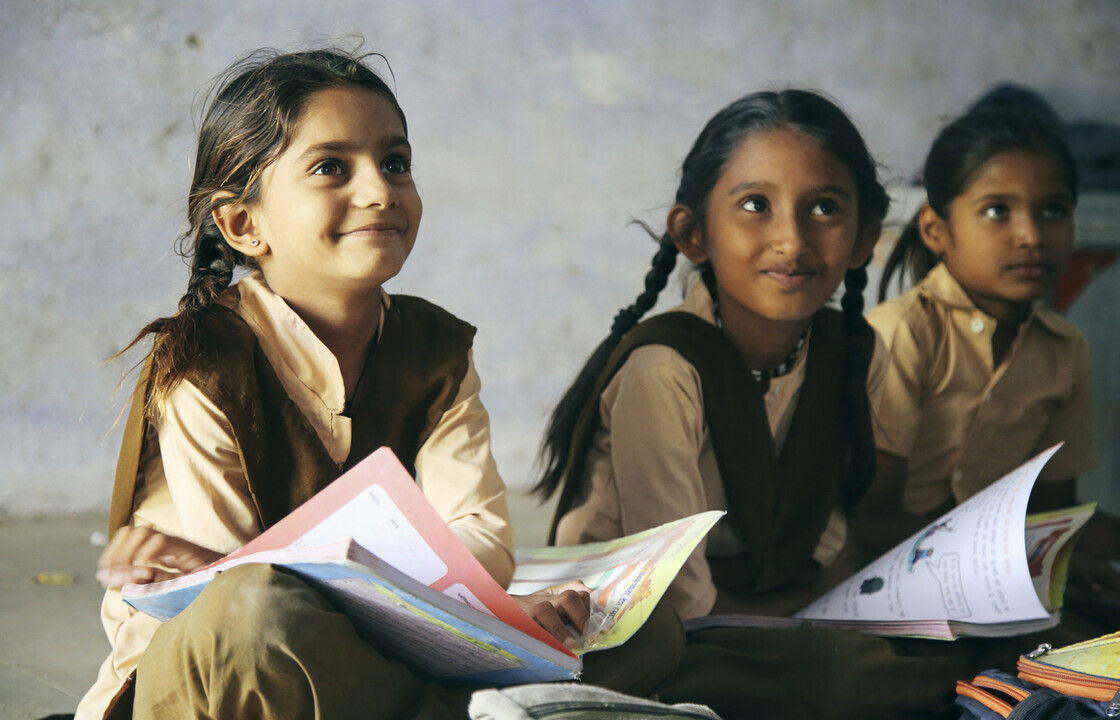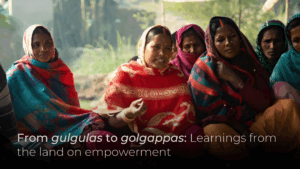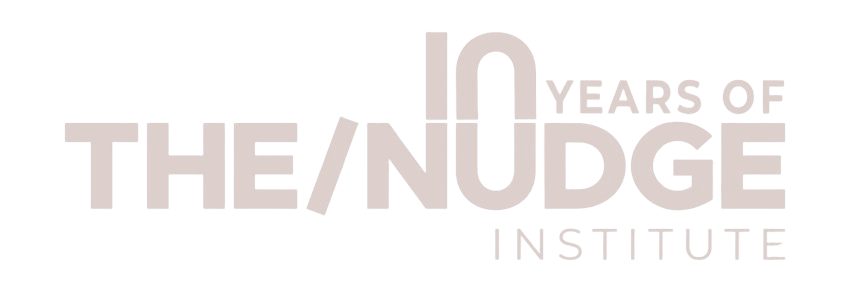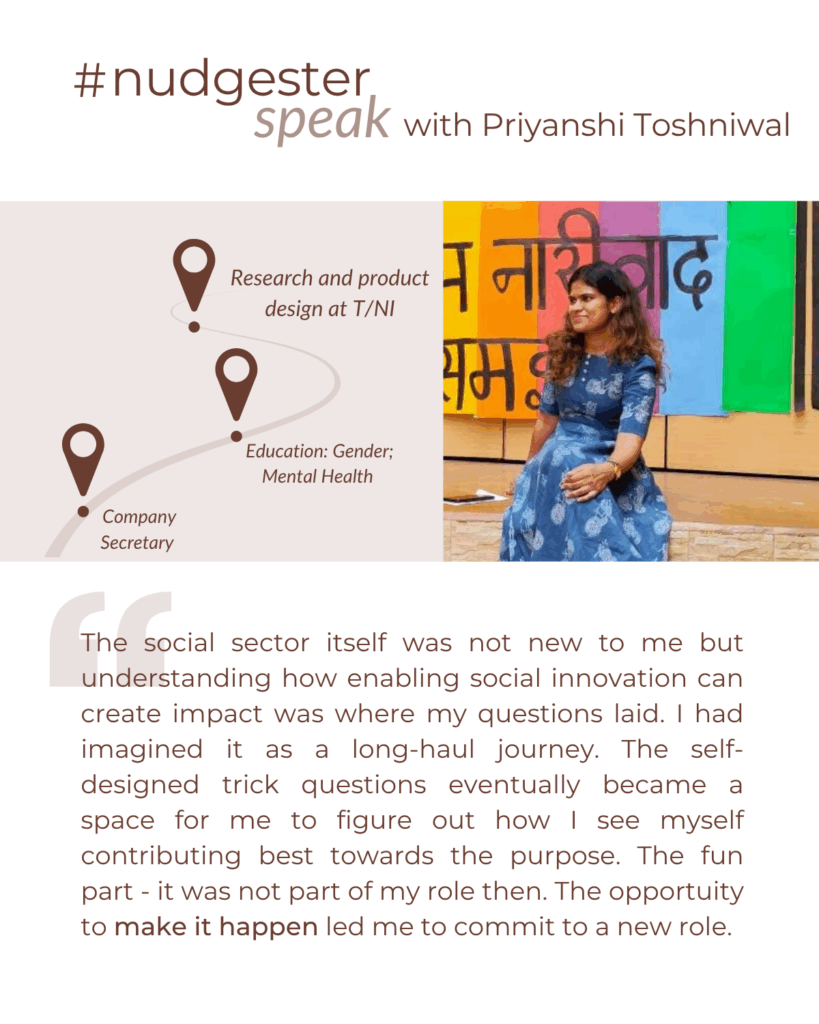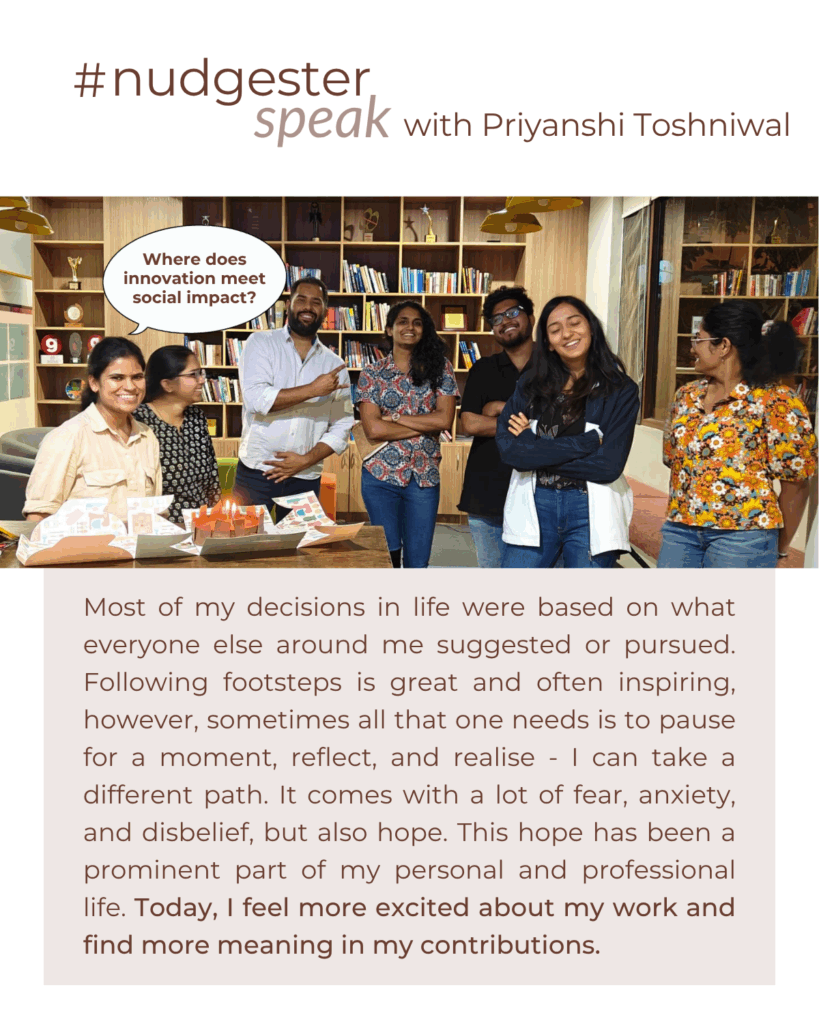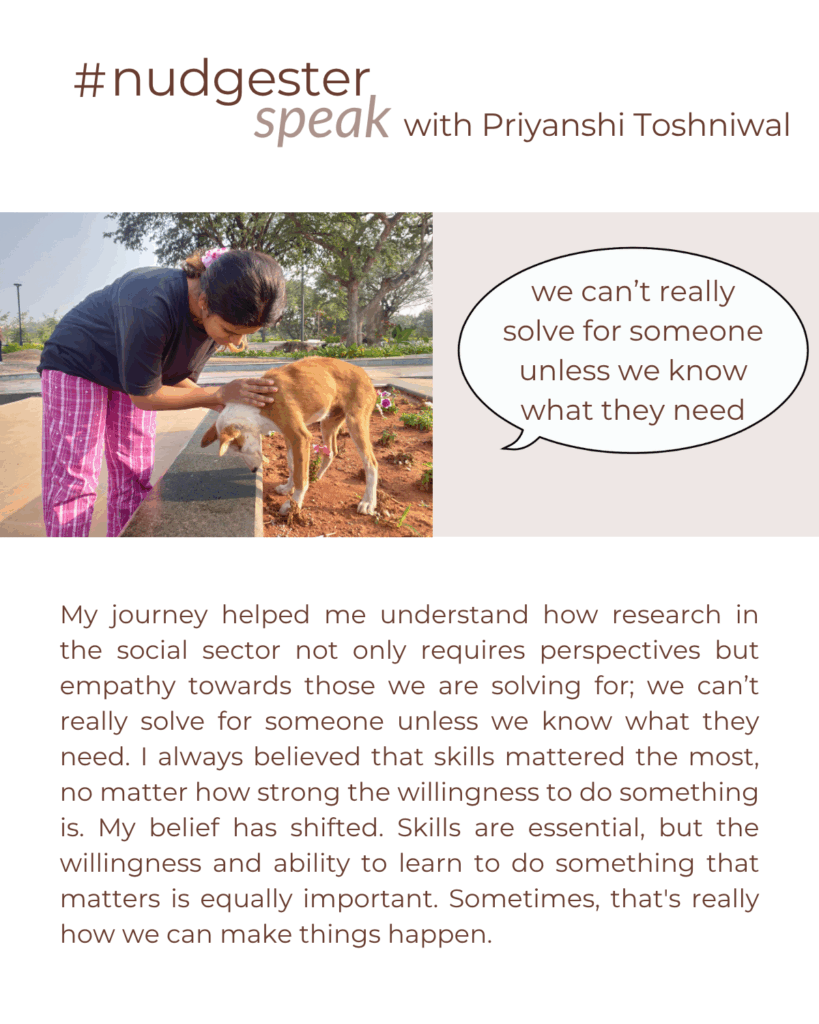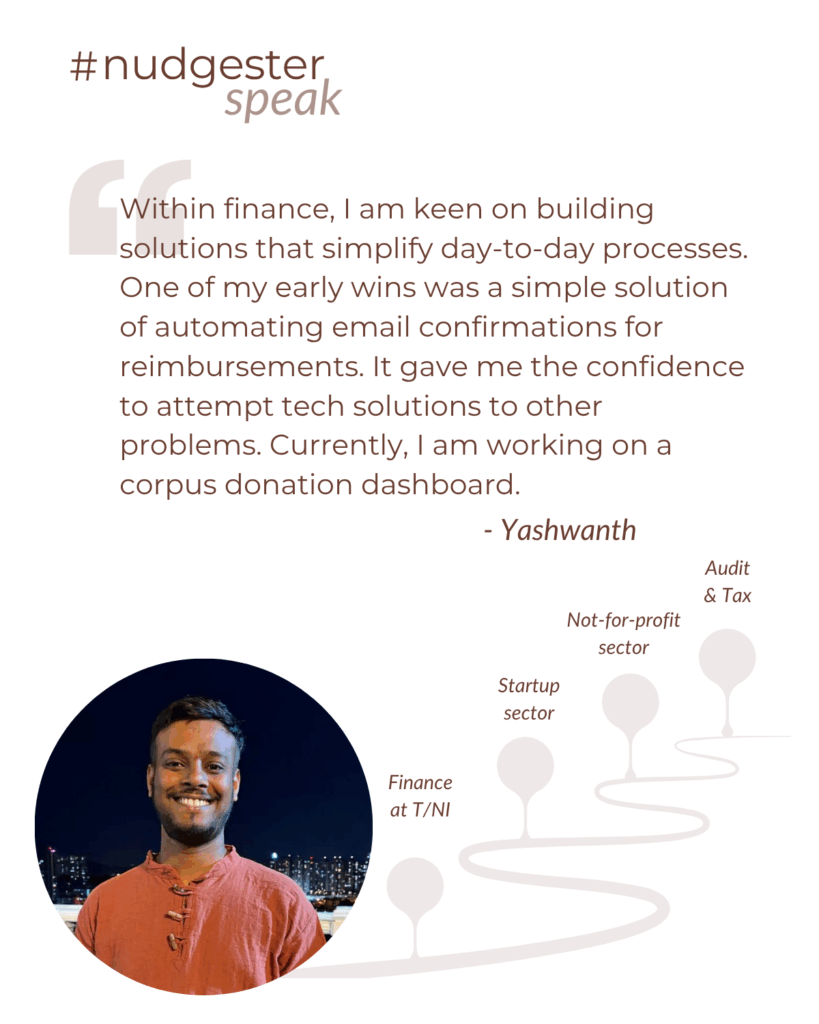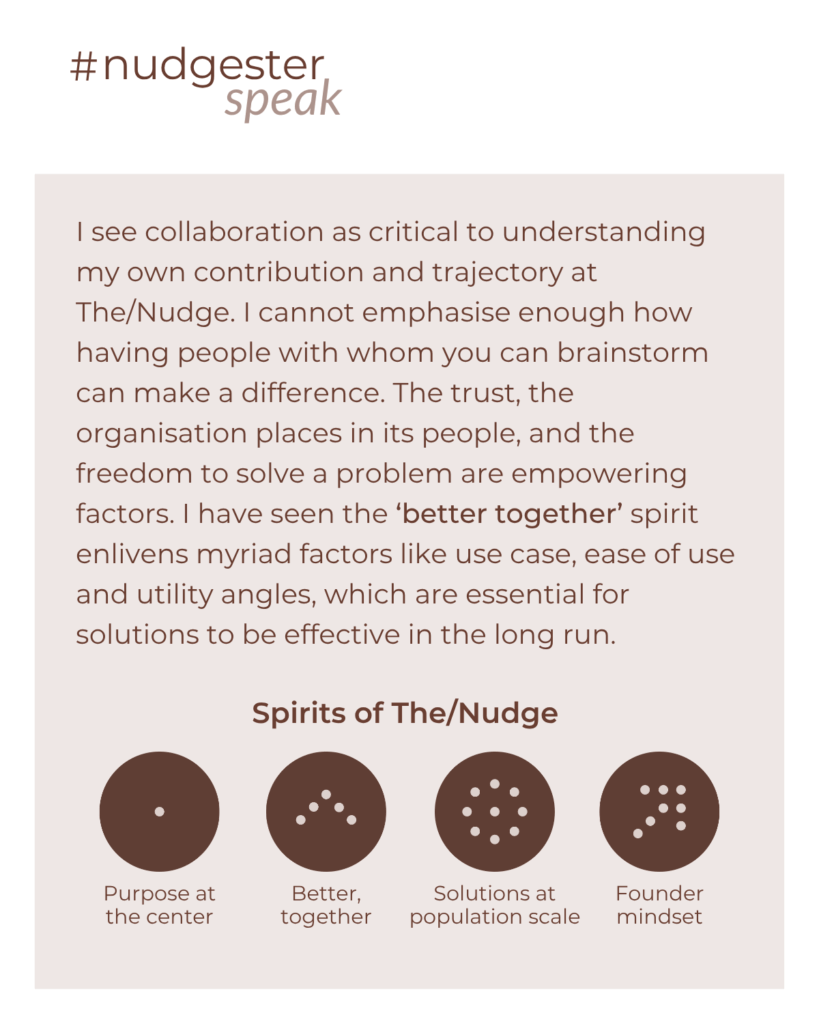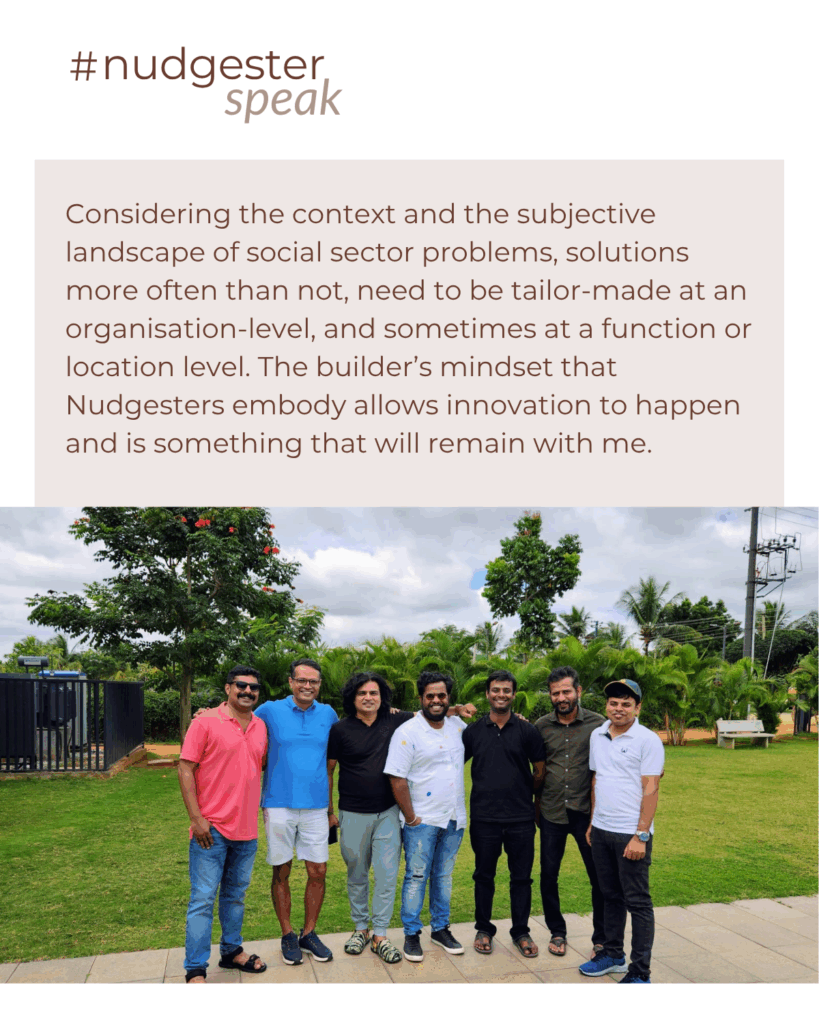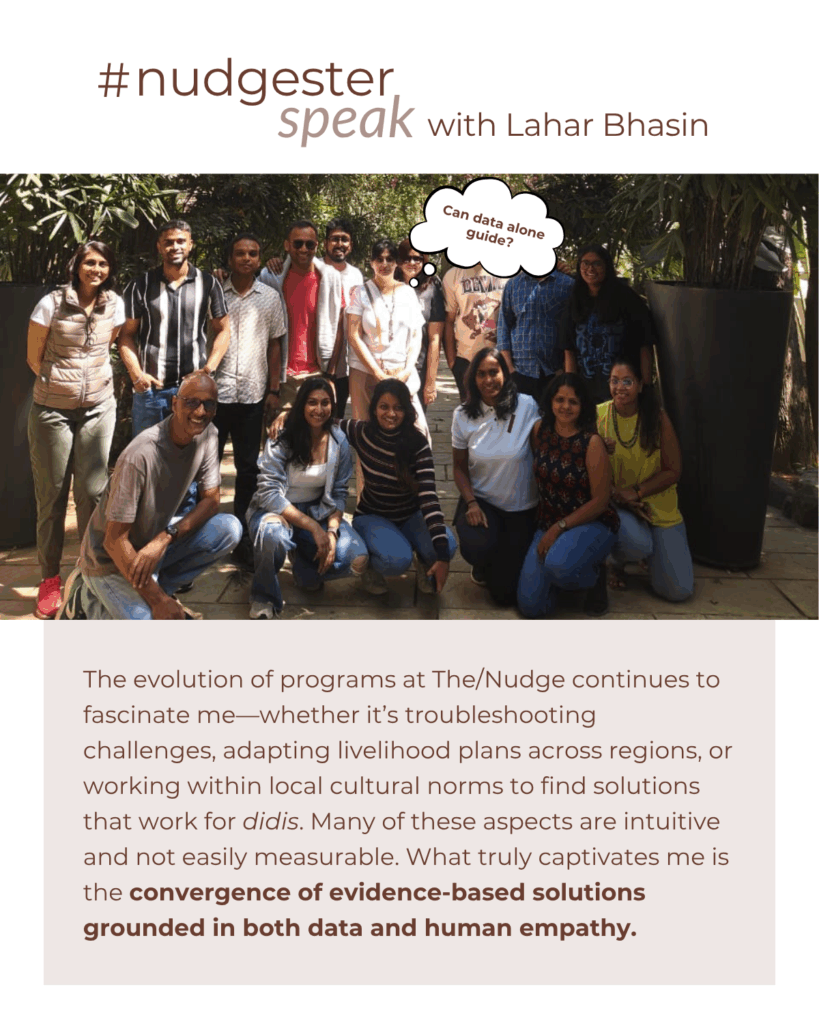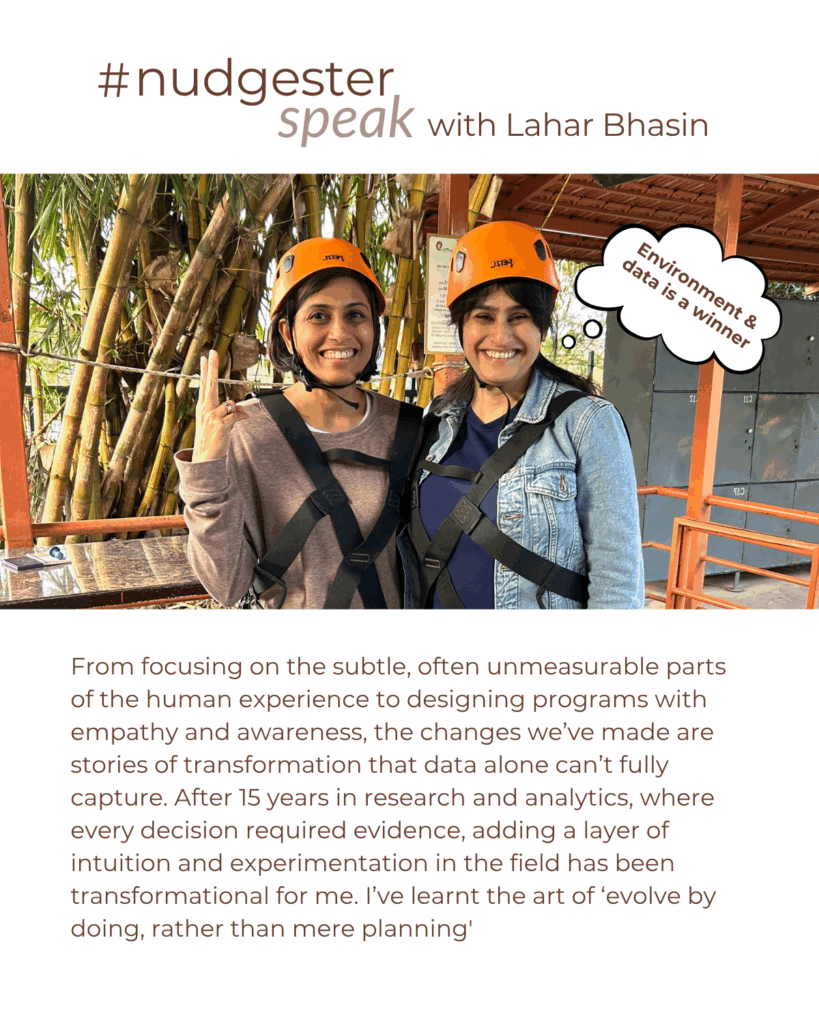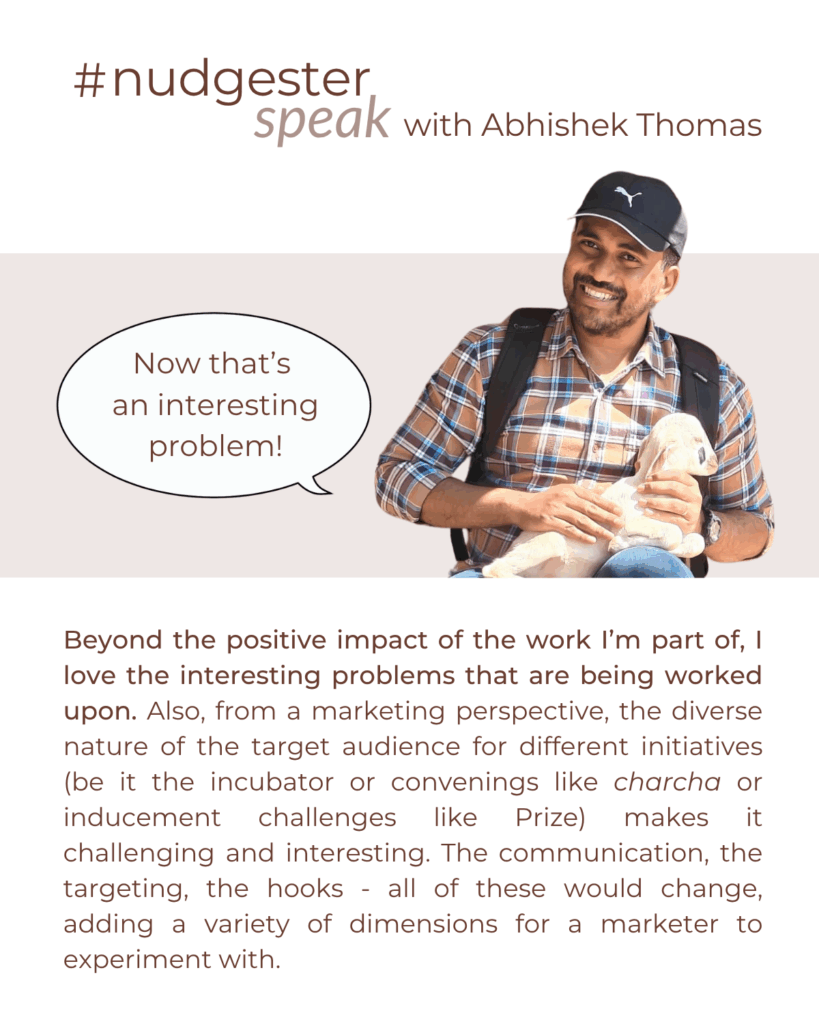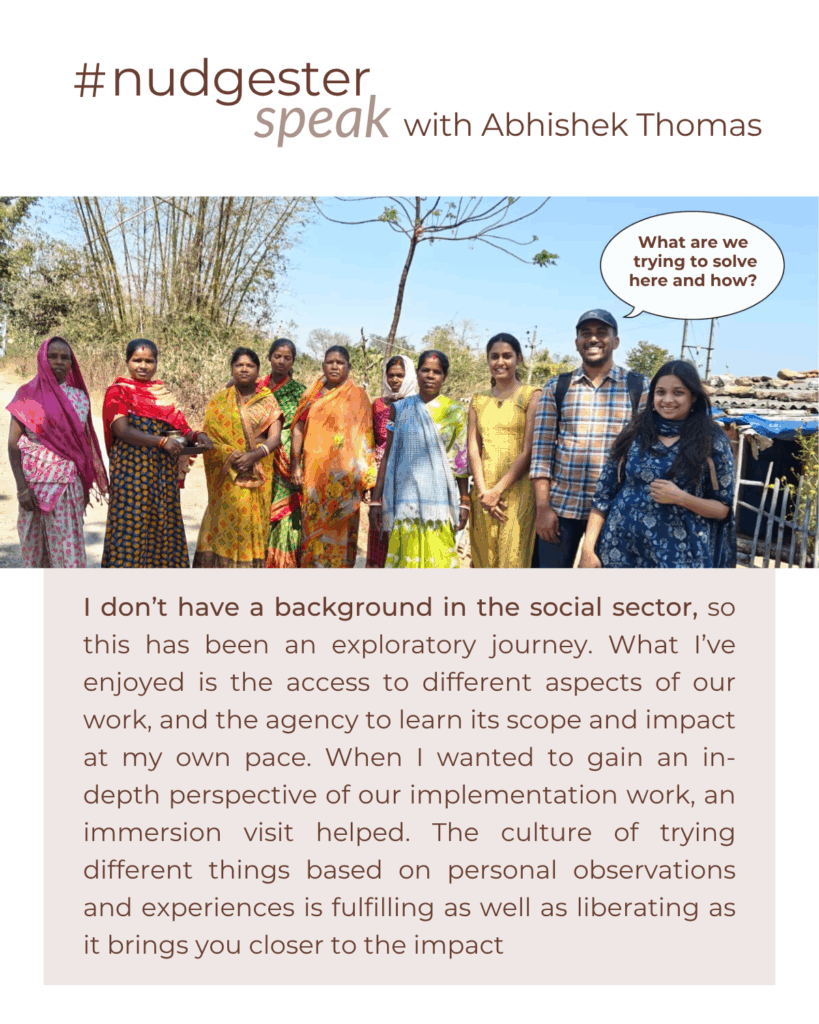From corporate corridors to classroom corridors, Harmeet Singh Sehgal’s shift to the Indian Administrative Fellowship (IAF) marks a significant leap toward social impact. With over 25 years of strategic leadership experience in the telecom industry, Harmeet joined this public-private collaboration with a vision to create meaningful change. “The move from corporate to public service was about leveraging my skills for a larger cause”, Harmeet shared, underscoring his commitment to transforming Punjab’s education landscape.
Assigned to Punjab’s School Education department, Harmeet saw an opportunity to impact millions of students. “The potential to impact lives on such a large scale was both humbling and exhilarating,” he said. Embracing the IAF’s mission, Harmeet focused on leveraging technology to enhance learning outcomes at primary and middle school levels. His efforts centred on integrating tech solutions into the Mid-Day Meal Scheme to improve nutrition, hygiene, and overall educational experiences for students.
Recognising the scale of the program, which serves over 1.8 million students daily, Harmeet proposed AI-based interventions to monitor and ensure the quality and hygiene of meals in more than 19,000 schools. “The goal was to move beyond manual oversight and create a system that could guarantee safe, nutritious food for every child, every day,” Harmeet explained. This tech-driven approach promises to streamline audits and elevate the program’s efficiency and effectiveness.
Despite the innovative vision, Harmeet faced significant challenges. Resistance to change, especially in government systems, was a major hurdle. Decisions often prioritise socio-political factors over technical or economic benefits. However, with the support and guidance of visionary bureaucrats in the School Education department, Harmeet created forums for discussing and evaluating these challenges. “Building trust and demonstrating the potential for real impact was crucial,” he noted. This collaborative environment fostered learning and adaptation, bringing new perspectives to the table.
Harmeet also led the establishment of the Project Management Unit (PMU) for the Punjab Outcomes – Acceleration in School Education initiative. This comprehensive project aimed to enhance educational outcomes and strengthen the management of Punjab’s education system. Harmeet’s role involved designing the PMU’s organisational structure, defining roles, and creating process manuals. He supported the adoption of best practices and the implementation of standardised, automated portals to boost efficiency and transparency. “Our focus was on creating a sustainable model that could outlast our tenure and continue benefiting the system,” Harmeet stated.
Navigating the complexities of the government system required patience and resilience. Harmeet’s unwavering commitment to innovation and his strategic approach enabled him to drive meaningful changes. He aimed to transform government schools into centres of academic excellence through tech-driven solutions and improved infrastructure. “It’s about creating environments where students can thrive academically and holistically,” Harmeet emphasised.
As the 18-month cohort cycle progressed, Harmeet’s vision began to materialise. The Mid-Day Meal programs saw significant improvements, and infrastructural developments were underway. His efforts extended beyond physical changes; he sought to instil a culture of quality education and holistic development in government schools.
Harmeet’s journey with the IAF is an inspiring testament to the power of vision, perseverance, and collaboration. His work underscores the importance of patience, adaptability, and relentless pursuit of societal betterment. Despite the challenges, the opportunity to effect meaningful change remains his driving force. “The chance to impact future generations is what keeps me going,” he said.
Harmeet Singh Sehgal’s transformative journey with the Indian Administrative Fellowship exemplifies how strategic leadership and innovation can drive impactful change.

